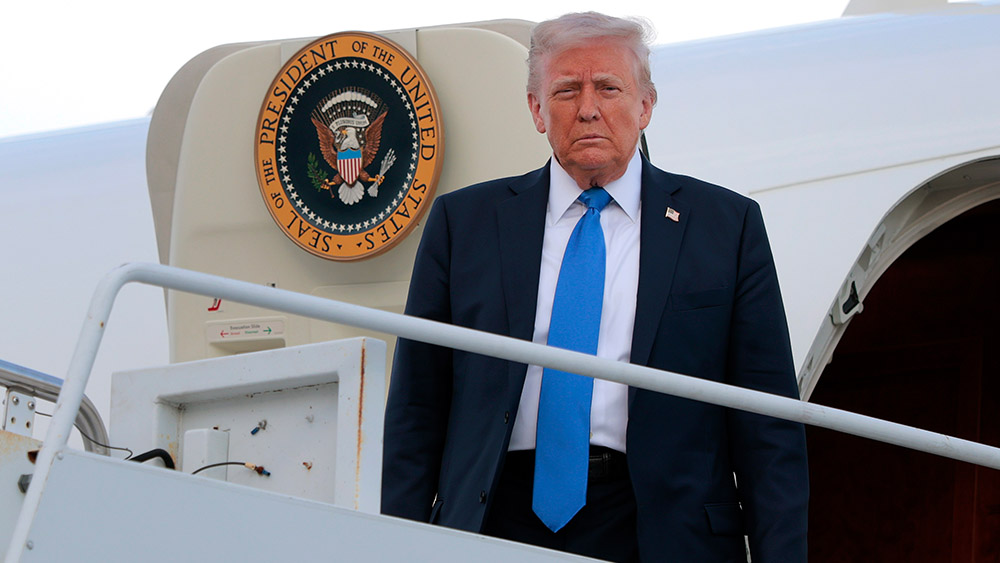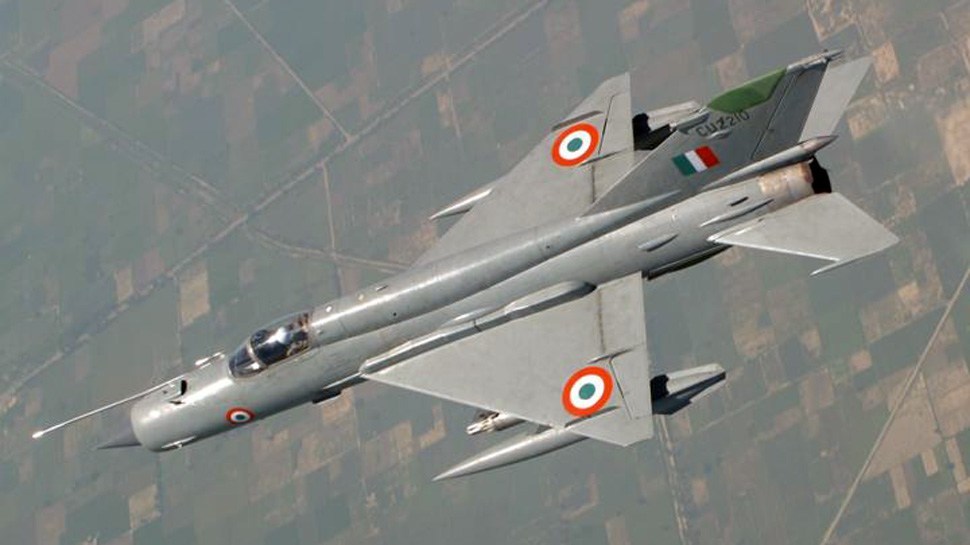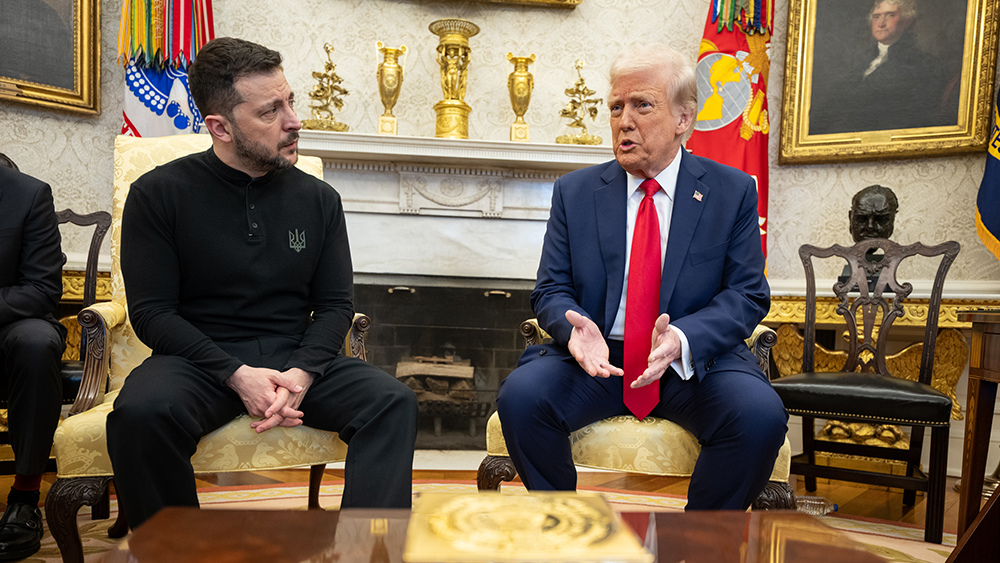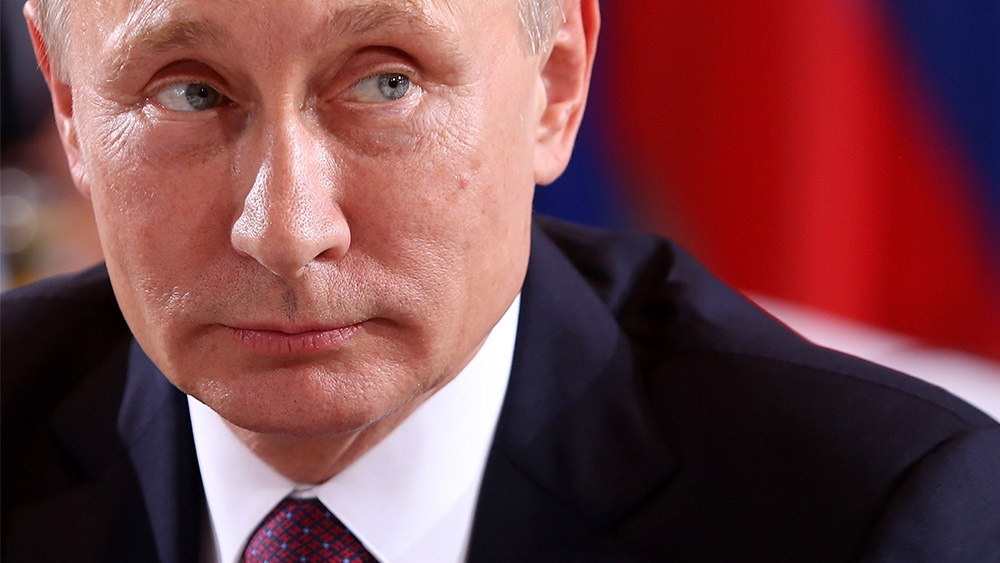Germany considers reviving military draft as defense minister warns of troop shortages amid Russia tensions
05/15/2025 / By Cassie B.
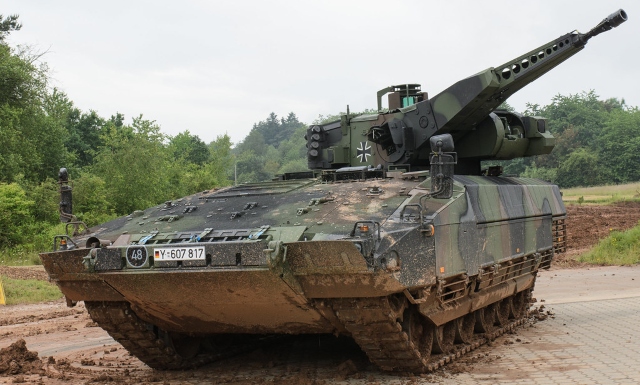
- Germany’s military is critically understaffed right now, with reports suggesting it could only sustain a war for two days due to severe shortages.
- Defense Minister Boris Pistorius warns that conscription may return if voluntary enlistment fails to strengthen the depleted Bundeswehr.
- The military missed its recruitment targets, with enlistment dropping 7% in 2023 despite a recent 20% rise in early 2025 applications.
- A hybrid “Swedish model” of selective mandatory and voluntary service is being considered, sparking debate over Germany’s post-Cold War demilitarization.
- Growing fears of Russian aggression, including a potential NATO attack by 2030, have intensified the pressure to address Germany’s defense vulnerabilities.
As tensions with Russia escalate and Europe braces for a potential conflict, Germany is confronting a sobering reality: its military is woefully unprepared and understaffed. Defense Minister Boris Pistorius has warned that the country may be forced to reinstate conscription if voluntary enlistment fails to bolster the depleted Bundeswehr. With reports suggesting Germany could sustain a war for as little as two days due to critical shortages, the government is scrambling to address what many see as a national security crisis.
A hollowed-out military in the shadow of war
Germany abolished mandatory military service in 2011, but the war in Ukraine and growing fears of Russian aggression have forced a dramatic rethink. According to Pistorius, the Bundeswehr is struggling to attract recruits, with enlistment dropping by 7% in 2023. Despite a recent 20% increase in applications in early 2025, the military remains far short of its goal to expand from 180,000 to 200,000 troops by 2031.
The situation is so dire that a German lawmaker reportedly dismissed the Defense Ministry’s claim that the country could fight for a week, stating the real number is closer to two days. This alarming vulnerability has pushed Berlin to consider drastic measures, including a return to conscription.
The “Swedish model” and the threat of forced service
Pistorius has proposed a hybrid approach, initially relying on voluntary enlistment but leaving the door open for mandatory service if recruitment falls short. “We have agreed that we will initially rely on voluntarism—a service that is initially voluntary and intended to encourage young people to serve their country,” he told the Bundestag. “And I say this quite deliberately and honestly: the emphasis is also on ‘initially,’ in case we cannot recruit enough volunteers.”
The so-called “Swedish model,” which combines selective mandatory and voluntary service, has gained traction among German lawmakers. Yet critics argue that forcing citizens into military duty would mark a dramatic reversal of Germany’s post-Cold War demilitarization and could lead to severe public backlash.
Russian threat looms as Germany’s weak defenses are exposed
The urgency stems from growing concerns over Russia’s military ambitions. Pistorius has claimed that Moscow could prepare for a “theoretical attack” on NATO by 2029 or 2030, although Russia denies any such plans. Meanwhile, Germany’s support for Ukraine—including supplying Leopard 2 tanks—has drawn sharp criticism from Moscow, which accuses Berlin of escalating the conflict.
Carsten Breuer, Germany’s top general, has described the current geopolitical climate as a “grey zone” between war and peace. With Germany’s military readiness in question, the debate over conscription is no longer theoretical; it’s a matter of survival for the country.
Germany stands at a pivotal moment. The specter of war has exposed the fragility of its armed forces, and the government now faces a difficult choice: persuade a new generation to serve voluntarily or resort to forced conscription. As Pistorius himself admitted, the emphasis is on voluntary service “initially”, but if recruitment fails, the draft may return. For a nation that once prided itself on moving beyond militarization, this decision carries significant historical weight.
Sources for this article include:
Submit a correction >>
Tagged Under:
conscription, Germany, military, Military draft
This article may contain statements that reflect the opinion of the author
RECENT NEWS & ARTICLES
COPYRIGHT © 2018 MILITARYTECHNOLOGY.NEWS
All content posted on this site is protected under Free Speech. MilitaryTechnology.news is not responsible for content written by contributing authors. The information on this site is provided for educational and entertainment purposes only. It is not intended as a substitute for professional advice of any kind. MilitaryTechnology.news assumes no responsibility for the use or misuse of this material. All trademarks, registered trademarks and service marks mentioned on this site are the property of their respective owners.

